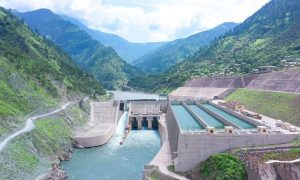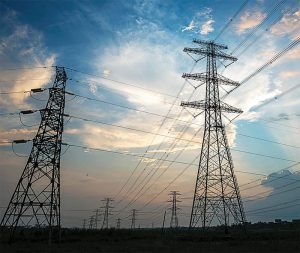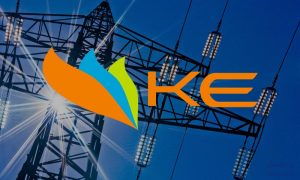By Engr. Sheikh Muhammad Ibraheem
Author Biography
Sheikh Muhammad Ibraheem, a Pakistani electrical engineer and author, has gained worldwide acclaim for his bestseller “Embedded Systems for Engineers and Students.” Serving as a robotics professor at Punjab Colleges, Ibraheem’s credentials include a degree from The University of Lahore and numerous certificates from esteemed international universities, solidifying his status as a leading figure in his field. Since 2022, he is writing technical articles for The Engineering Post.
Article
5¬G or the fifth generation of telecommunication or mobile networks is a revolutionary technology. It is a leap in wireless communication technology that has potential to unlock new capabilities and transform many sectors of the rising economy. It is designed on the framework built by its predecessors, such as 4G LTE, but adds numerous essential features that dramatically improve performance, dependability, and efficiency.
Pakistan is one those countries around the world, which is eagerly anticipating the arrival of 5G communication Technology. Pakistan which is known in the world for its atomic power, stunning landscapes, and a gigantic population sees 5G as an opportunity to transform communication connections and variety of businesses. As the world is rapidly evolving with the next generation of wireless technology, Pakistan is also working to establish itself as a significant player in digital transition.
The outlook of 5G in Pakistan has been quite visible past a few years, with both government and private sector recognizing the uprising potential of this innovative technology. There has been a growing awareness among stakeholders about the benefits of 5G, including faster internet communications, low latency, and support for emerging technologies such as internet of things (IoTs), artificial intelligence AI, and augmented reality AR.
The government of Pakistan has taken several initiatives to prepare the country for the advent of 5G. These initiatives includes formulating policies, regulatory frameworks conducive to the development of 5G networks, spectrum allocations, and fostering an environment to invest in telecommunication infrastructure.
Installing 5G networks in the country requires significant infrastructure development, including the installation of new base stations, fiber optic cables, and upgrading existing telecommunication and internet infrastructure to support higher speeds and capacity. Telecommunication companies in Pakistan like Zong CMPAK, Pakistan Telecommunication Limited (PTCL) are investing in upgrading their servers, telecommunication infrastructure for the 5G rollout.
Spectrum allocation is critical for the construction of 5G networks. Pakistan held spectrum auctions to allocate the required frequencies for 5G services. These auctions have sparked strong interest from telecom operators, demonstrating the industry’s commitment to adopting 5G technology.
Collaboration among the government, telecom carriers, and industry partners is critical to the successful deployment of 5G in Pakistan. This involves collaboration on research and development, testing of 5G technology, and sharing best practices.
Despite the excitement surrounding 5G, Pakistan faces significant difficulties on its path to next-generation connectivity. These include major infrastructure investment, regulatory problems, cybersecurity, and bridging the digital divide to enable equitable access to 5G services in both urban and rural locations.
Overall, Pakistan’s road to 5G marks a huge step forward in the country’s attempts to embrace digital transformation and capitalize on sophisticated telecommunications technologies. With concerted efforts from the government, industry stakeholders, and the broader community, Pakistan is well-positioned to use 5G to fuel innovation, economic growth, and social development in the coming years.








